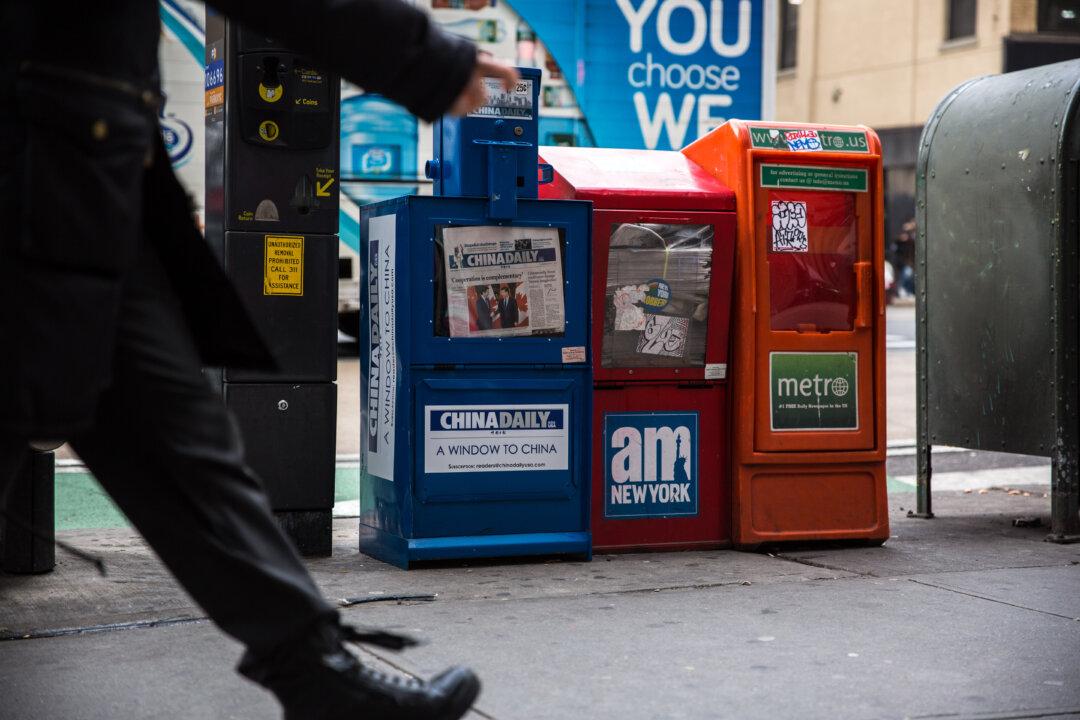The Chinese regime has vowed to retaliate if the U.S. side refuses to extend visas for Chinese journalists, a foreign ministry spokesperson said, describing the act as another “round of political suppression.”
Ministry spokesperson Wang Wenbin told reporters during an Aug. 4 press conference that no Chinese journalists have been granted a visa extension since May, when the United States began limiting their stay to 90 days with the option for renewal.





